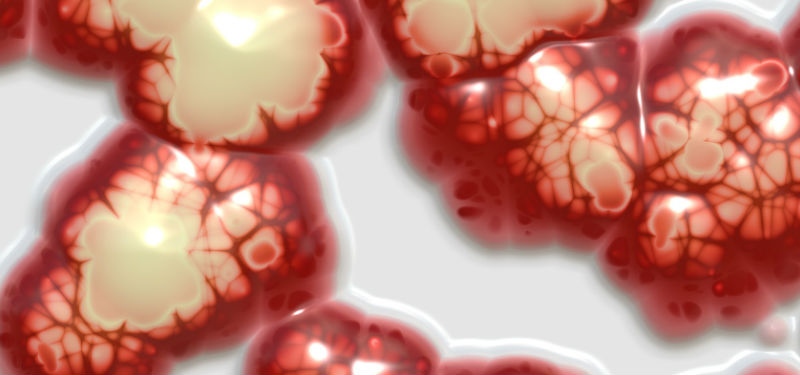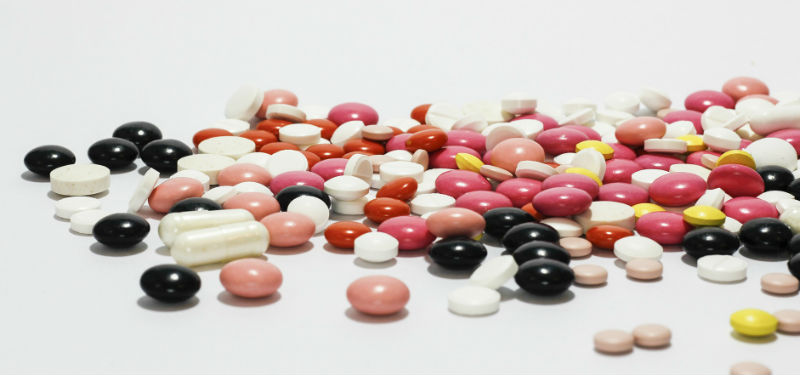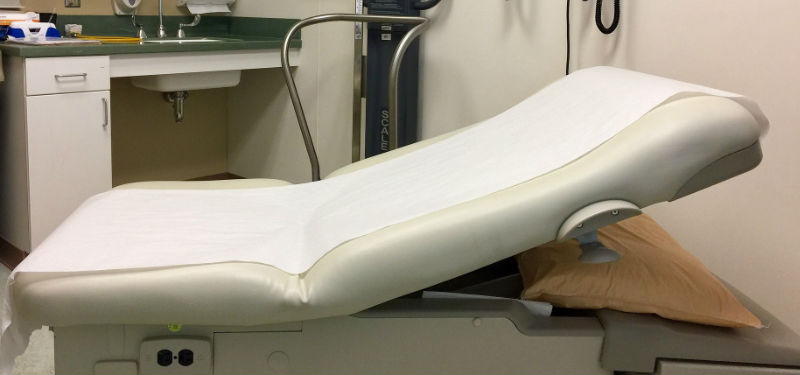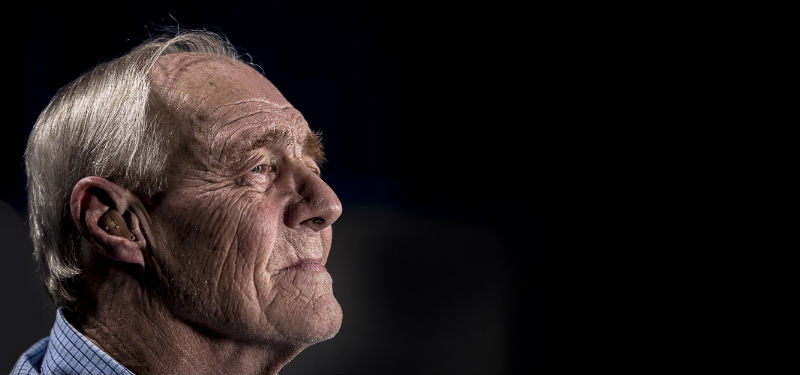Almost everyone knows someone who has been afflicted by or has died from cancer. Nearly one out of two men in the United States alone will receive a cancer diagnosis in their lifetime, compared to about one out of every three women. The likelihood of cancer also increases depending on the types of careers or activities a person engages in or what their diet consists of. High fat and sugar diets feed cancer cells, for instance, while diets rich in vegetables and lean meats generally help to eliminate them. At United Energy Workers Healthcare and Four Corners Health Care, we provide free home health services to EEOICPA and RECA beneficiaries who have developed cancer because of their occupation.
There is no cure to cancer, though cancer detection and cancer screening practices have both substantially improved over the years. There are only a few courses of action for those diagnosed with cancer:
- Chemotherapy
- Radiation
- Surgery
- Any combination of the above
The options can sometimes feel daunting and the diagnosis tragic, but these methods are the best ones we have so far for beating cancer. Though advancements are being made all the time in the medical field, if you or a loved one has been diagnosed with cancer and presented these options, it is helpful to know about them and how each will work. This post focuses primarily on chemotherapy, what it is, and why people choose it over other options.
How Does Chemotherapy Work?

Sometimes referred to as just “chemo”, chemotherapy works as a drug that stops cell growth throughout the body. The idea is that the cancerous cells, which divide more rapidly than normal cells, will be curtailed and sloughed off naturally by the body’s waste removal system. This can be effective, but also problematic: chemo affects healthy cells too. When chemotherapy is administered, even healthy cells are no longer able to divide. Chemo is therefore very effective at killing cancer cells but is unable to discriminate between them and the cells you need for proper bodily function. Because the body needs cells to constantly divide in order to maintain proper function, chemo is administered in doses a bit at a time. This gives healthy cells a chance to thrive again, but could also allow cancerous cells to develop again.
How Is Chemo Administered? What about Side-Effects?

Chemotherapy can be administered in a few different ways, as is seen fit by an oncologist. It can be done through a single dose needle injected into the arm, through an IV drip, orally, on the skin (which is uncommon), directly into the cancerous area, or through a vein directly connected to the cancer cells. The effects of chemo, however, are generally the same, regardless the method of administration. Chemo will generally affect the following three systems of the body:
- Bone marrow cells (which produce red and white blood cells)
- Hair follicles
- Cells in the mouth, digestive tract, and reproductive system
Any number of side effects such as anemia (loss of red blood cells), alopecia (loss of hair), or nausea and diarrhea, among others, could occur because of this.
Why Use Chemotherapy?

The side effects of chemotherapy can be pretty grisly, but those who use chemo can see improvement in the number of cancer cells afflicting their body. Chemo can slow cancer’s growth, keep it from spreading, and in some cases even cure it. Though none of these are for sure, there is a better chance of fighting cancer with chemo than without it. The purpose behind chemo may be different, too, depending on the afflicted individual and the cancer’s progression. The three primary reasons people choose to go with chemotherapy is to cure cancer, keep their cancer under control, or ease the symptoms of cancer itself (by shrinking tumor sizes that may be causing pressure or pain in other parts of the body).
A Cure for Cancer?

Chemo can be used to cure cancer, but it isn’t a sure thing. Many scientists and medical professionals are looking into finding the cure, but the issue is so multi-faceted it is impossible to pinpoint what they can do to stop cancer once it has developed. There are experimental chemo procedures that some people can choose to participate in, but nothing is for sure yet.
What Can We Do for You?
Our home healthcare nurses and medical professionals are available to take care of you and your family if you are receiving DOL EEOICPA and RECA benefits. We provide grief counseling for the afflicted and the family, as well as home cleanliness tasks. We can monitor your state and provide help to make you comfortable and to alleviate the pressures of an already trying situation. Make sure to call us today at (800) 314-2383 for more information.